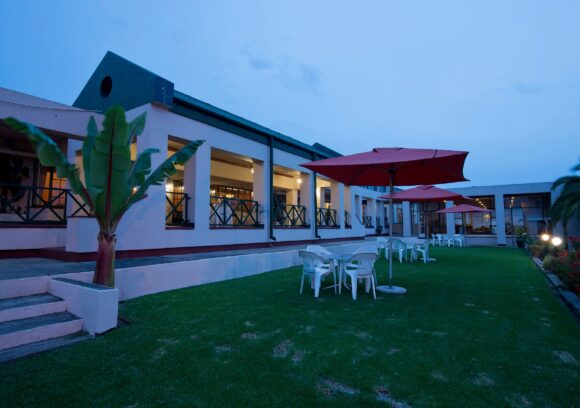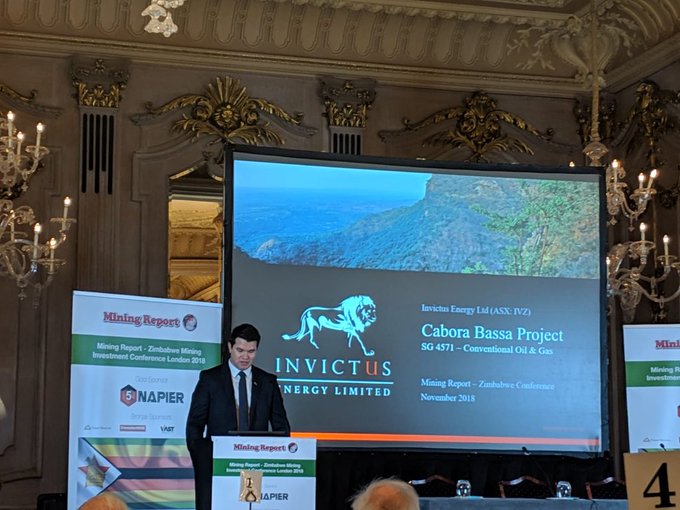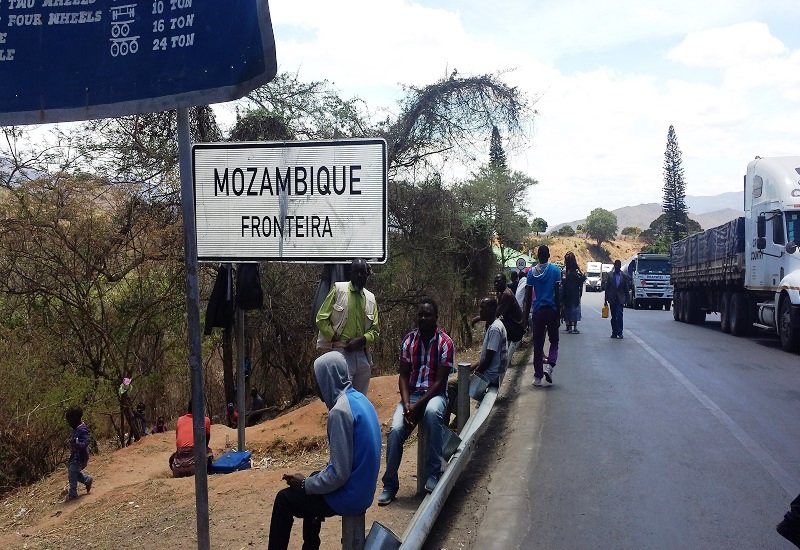Dealers in fix due to new fuel transport regulations
The introduction of new fuel transit regulations has sparked concerns among fuel dealers over potential delays in duty and levy refunds.
Effective August 10, 2024, all fuel products entering through the country by road are now subject to duty and levy payments upon entry.
While the subsequent refund at the port of exit upon export compliance is a stated policy, industry players are apprehensive about the efficiency of the refund process.
The new measures require consignees or their representatives to engage with Zimbabwe Revenue Authority (ZIMRA) at the port of entry for clearance and payment procedures.
Subsequently, upon fuel export, the refund process is initiated at the port of exit.
The regulations does not affect fuel uplifted from the fuel depot in Masasa in Harare for regional markets.
The new regulations were introduced by Finance, Economic Development and Investment Promotion Minister, Professor Mthuli Ncube last month in the Mid-Term Fiscal Policy Statement.
The move aims to curb duty evasion by dealers who were falsely declaring fuel as being in transit while actually selling it locally. There are a number of regional fuel firms operating in Zimbabwe and a number of local transport firms transporting the commodity for regional fuel dealers.
Under the new rules, all fuel imported by road must now pay duty and levies upon entry, with refunds granted upon proof of export.
“With effect from August 10, 2024, all fuel, petrol, diesel, paraffin and jet A1 in transit imported through ports of entry by road is now required to pay duty and levies on entry,” Zimra said in a statement last week.
“The duty and levies will be refunded at the port of exit upon compliance with all the transit procedures including submission of proof that the fuel has been exported.
“Consignee’s and or their representatives should approach Zimra at the port of entry to initiate the fuel clearance and payment process.
“For the refund process, once the fuel has been exported, they should approach Zimra at the port of exit to initiate the requisite refund process.”
However, there are growing fears that potentially bureaucratic bottlenecks and administrative challenges could lead to significant delays in refund disbursements.
Delayed refunds
Industry analysts warn prolonged refund processing times could tie up substantial working capital, impacting businesses’ cash flow and potentially hindering their operations.
They are urging ZIMRA to establish clear, streamlined procedures and dedicate sufficient resources to ensure swift and efficient refunds.
“The new fuel transit regulations, while well-intentioned, risk stifling businesses if not implemented efficiently,” said one fuel dealer licensed to export fuel to Zambia.
“Prolonged refund processes will severely strain working capital, potentially jeopardising operations. ZIMRA must prioritise clear guidelines and adequate resources to ensure timely reimbursements,” the dealer added.
For operators managing large fuel fleets, the requirement to deposit substantial sums with ZIMRA upfront presents a significant challenge.
This could strain their working capital and potentially force smaller players out of business.
Harare-based economic analyst, Mike Murenzvi, has expressed concerns about potential delays and corruption risks associated with the new fuel transit regulations.
While refunds will eventually be processed, the complex procedures involved could take at least a week from truck exit, depending on the clearing agent.
Murenzvi explained that the general process for customs payments of this nature involves the transporter, consignee, or exporter paying into the agent’s ZIMRA account.
The agent then utilises these funds accordingly. The funds will initially be released back into the agent’s ZIMRA account at the port of exit upon presentation and approval of satisfactory paperwork.
This process has always been standard with an agent’s bond. The significant delay will arise from sending authorised schedules and documents to Harare for payment processing.
Bottlenecks are expected to occur during review, authorisation and the availability of funds and signatories.
While agents will strive to make funds revolving for their customers, smaller transporters may face challenges in getting their money back promptly.
A transit trip through Zimbabwe must be completed within three days of entry. A standard fuel delivery to Zambia takes approximately three days (Harare-Lusaka), five days (Harare-Ndola), and seven days (Harare-Lubumbashi). This means that many trucks are likely to return to Zimbabwe before the refund is processed.
While this may not be a major issue for Zimbabwean transporters, it poses significant challenges for Zambian trucks.
Zambian transporters will need to process a Telegraphic Transfer (TT) to return the funds to Zambia.
Murenzvi questioned whether ZIMRA can obtain express authorisation for these refunds from the Reserve Bank of Zimbabwe without delays or priority list issues.
He also warned that Zambian trucks may start using the longer route via Tete to avoid these extra costs.
Protests have already been reported at Forbes Border Post by foreign truck drivers due to the new policy.
Fuel is a commodity that cannot be left sitting at a border crossing.
A dedicated account
Murenzvi suggested that a special escrow account with express powers to do foreign transfers for foreign transporters could be established. This approach has been used successfully in the past for International Aviation Transport Association funds for airlines.
A dedicated finance department that handles these refunds exclusively and is available daily is also crucial.
Local refunds can be processed daily as ZIMRA has accounts with almost every bank.
Murenzvi also highlighted the potential for corruption and rent-seeking under such policies. Customs officers may seek “kickbacks” to facilitate authorisation, which has become a common practice.
Delays in exit approvals can be expedited for a fee.
“The region is striving for smoother and easier trade,” said Murenzvi.
“These new regulations go against this goal, as Zimbabwe is the quickest route north or west for fuel. By forcing the region to work around Zimbabwe instead of with it, Zimbabwe itself may ultimately suffer.”-bsiessweekl









